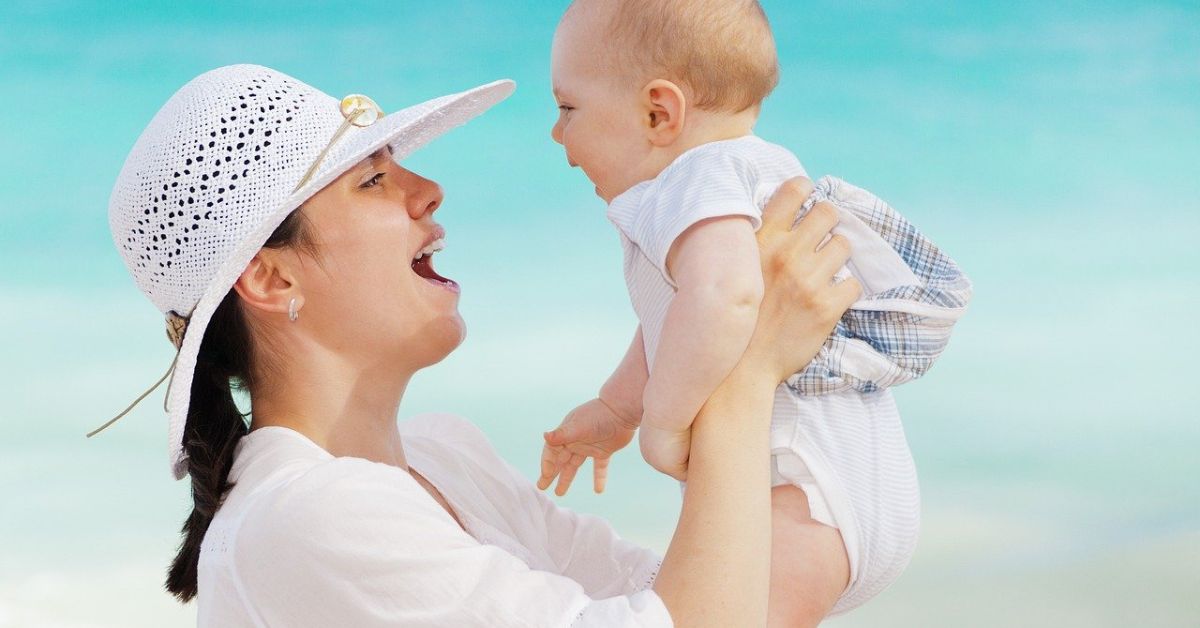Caboolture parents with infants aged 6-12 months are enjoined to take advantage of the free type 1 diabetes screening program recently launched across North Brisbane and other suburbs.
The Type 1 Diabetes National Screening Pilot is a simple test for infants to determine their risk of developing the disease. Registration for the free test kit is online, which will be delivered to their house.
Parents need to get a saliva sample from their child’s mouth and then post the sample back to the laboratory. The test will be analysed to determine if their child is at risk of developing this childhood disease.
Babies with an “increased chance” of type 1 diabetes, based on their screening test will be offered free follow-up testing , even before symptoms appear.
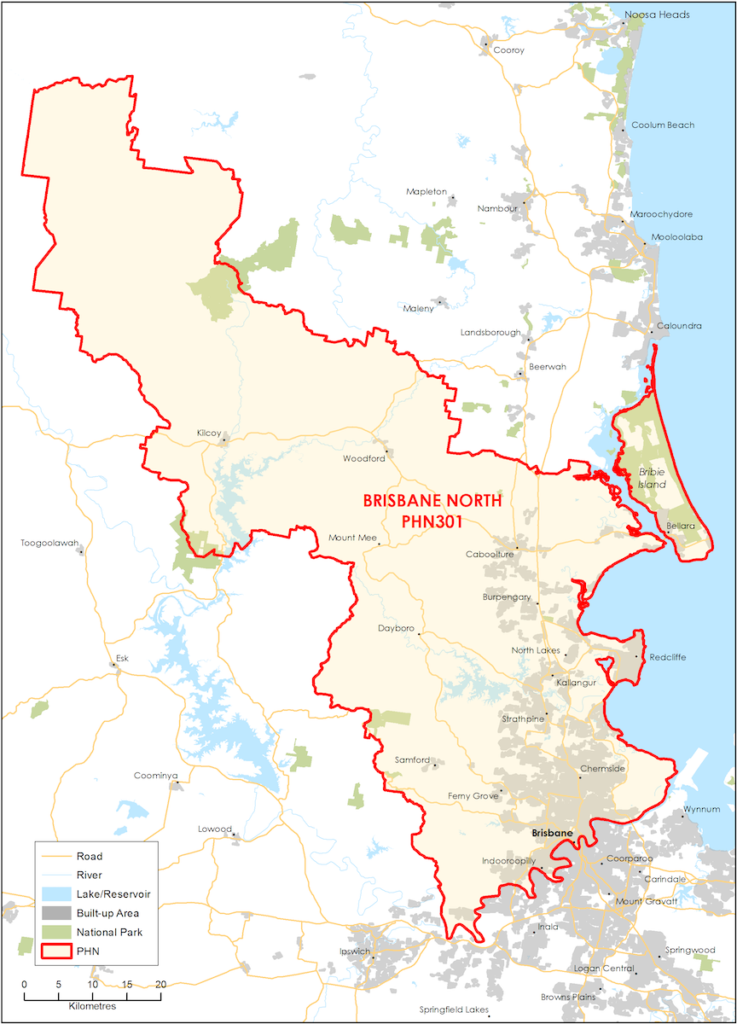
What is Type 1 Diabetes?
Type 1 diabetes is a lifelong autoimmune disease that develops when the immune system mistakenly attacks the insulin-producing cells in the pancreas. Insulin helps the body convert glucose (sugar) from food into energy. Without insulin, glucose can build up in the bloodstream to dangerous levels.
The disease is one of the most common chronic conditions affecting children and adolescents, with approximately three children diagnosed in Australia each day. While 90 per cent of those diagnosed have no family history of type 1 diabetes, the genetic risk of developing the condition can still be detected through screening. It is therefore important that all children are screened to determine if they are at risk.
“Early signs are often vague and can be missed or confused with other minor childhood concerns. As a result, at least 1 in 3 Australian children with type 1 diabetes are not diagnosed until they require emergency medical care,” said Dr Gary Deed, a GP who got involved with the project on a personal and professional level.
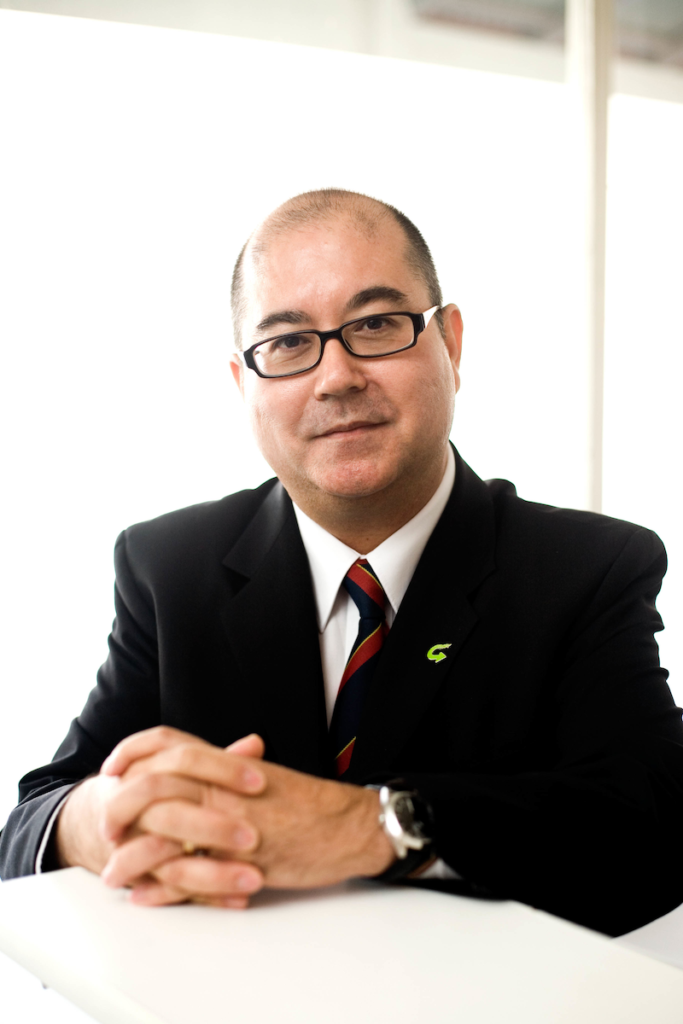
“Screening in infancy has been shown to support earlier diagnosis before the child becomes seriously unwell. While there is no cure yet for the disease, early detection can prevent serious health problems and support a better prognosis and long-term management of the condition.”
“I live with diabetes so his project is naturally a passion for me,” the doctor added.
“I have seen the impact of the undiagnosed type 1 person with full-blown diabetic ketoacidosis and how devastating this is for the person and their family. If this trial shows some benefits – we are hoping to refine this to have a national screening program to help improve the early diagnosis of type 1 diabetes, contribute to the reduction of mortality and severe morbidity associated with ketoacidosis at diagnosis and provide support for family members in a more structures less reactive way.”
Screening is a Lifesaver
Mom Jackie Goldston said that access to screening has been a benefit for the family.
“My daughter Freya was diagnosed when she was 11 months old. Our lives changed forever that day.”
“We had no experience or history with type 1 diabetes. It was December and so of course, being Queensland it was hot and humid, so her symptom of being very thirsty didn’t seem strange. It was only when she started showing signs of distress and breathing extremely rapidly that our GP sent us to the emergency department. It took three emergency doctors to diagnose her and by this time she was falling in and out of consciousness due to DKA. She was eventually rushed via ambulance to the (then) Royal Children’s Hospital where we didn’t know if she was going to survive the night.
“I will be forever grateful to the team that saved her and for the fact that she is now a healthy, happy 13-year-old. But I only wish that we could have had an inkling of what to look out for.
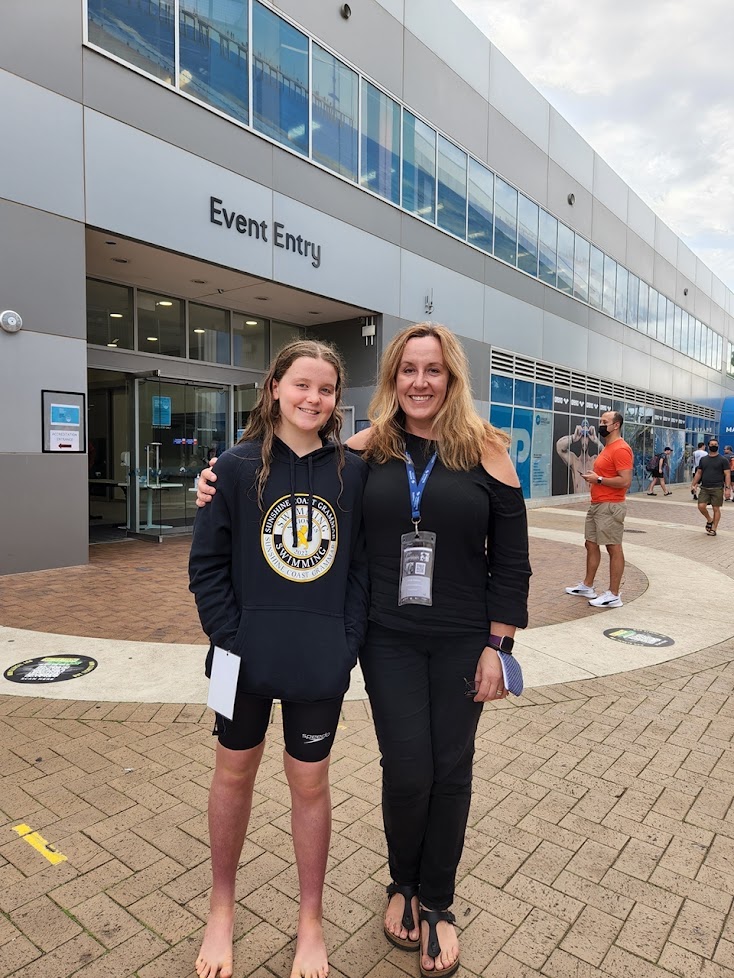
“I don’t want any other parents to have to go through what my husband and I went through. Early screening will mean that parents know what may happen if and when their child starts to show symptoms and what to do. It will hopefully mean that their child will not be DKA at diagnosis and the family will already have some understanding of what to expect.”
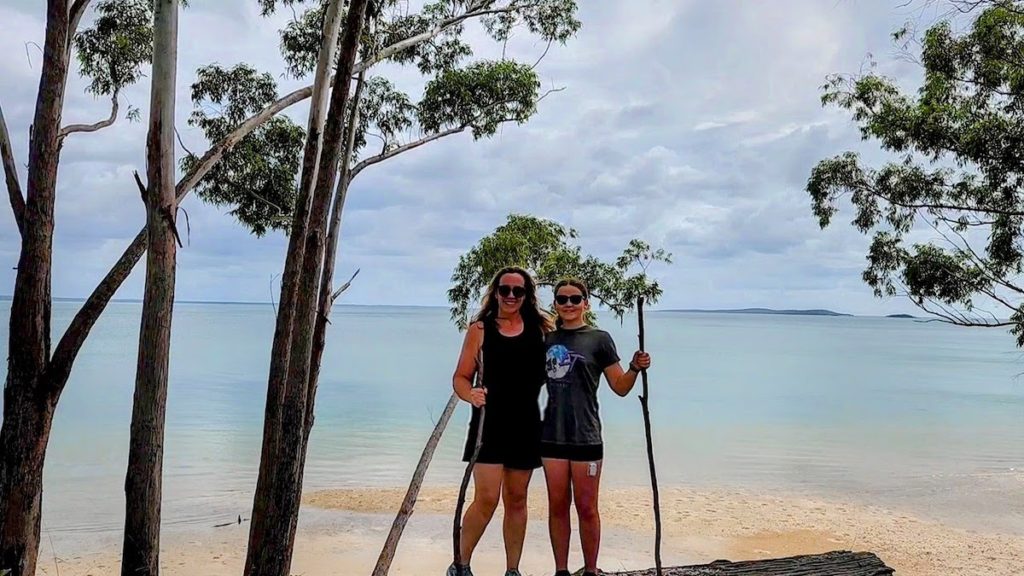
Photo Credit: Supplied
Screening to Go National
Dr Kirstine Bell says the goal of the pilot program is to make early detection available for every child in Australia – ultimately becoming part of routine childhood screening.
“It’s an ideal time to start offering type 1 diabetes screening to children in Australia. There is a wealth of strong evidence showing the benefits of screening and we now have new technology that makes screening tests simple, safe and effective,” Dr Bell said.
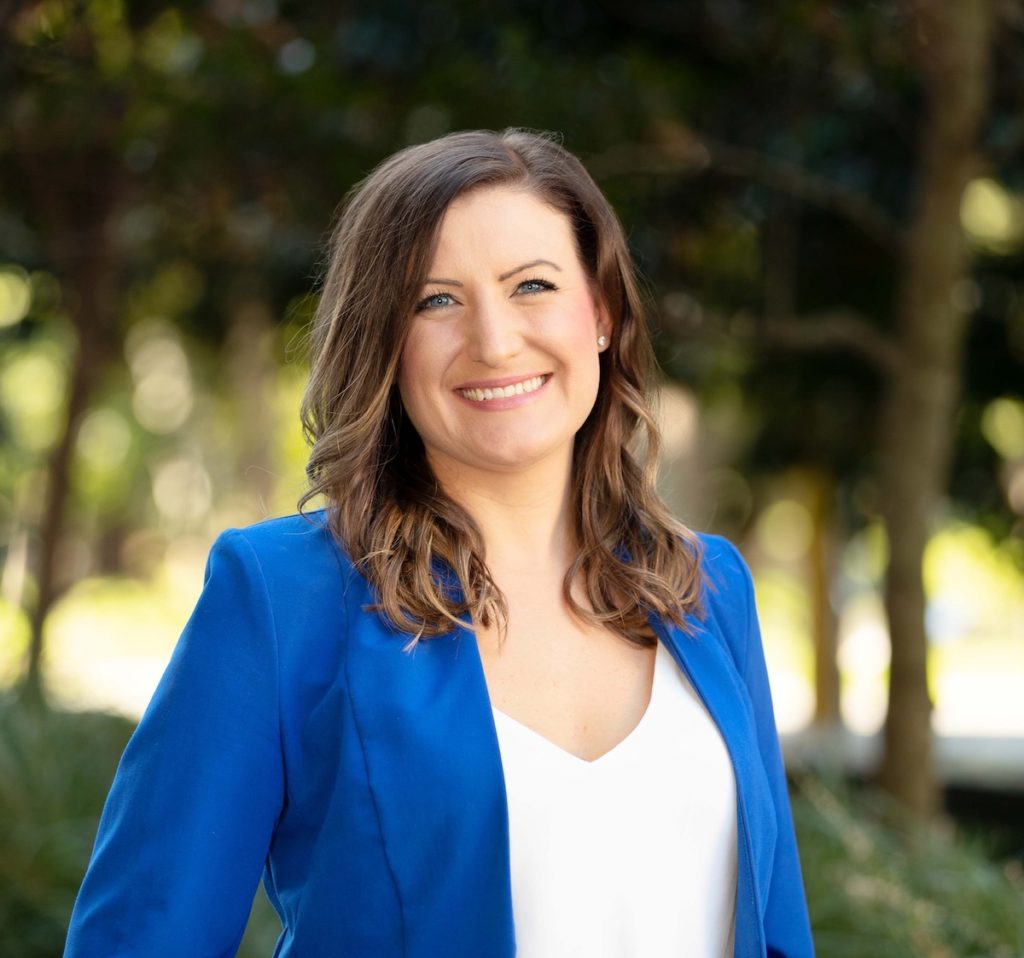
“[This] has always been a passion area for me and I started this pilot to help children and families at risk of type 1 diabetes. It is my hope that screening for type 1 diabetes can be offered nationally for all Australian children in the future.”
The pilot is funded by JDRF, the leading supporter of type 1 diabetes research in the world. JDRF is dedicated to ending type 1 diabetes, and making the lives of people already diagnosed, or at risk of diagnosis, easier, safer, and healthier until that happens.
To find out more about JDRF, visit their website.

